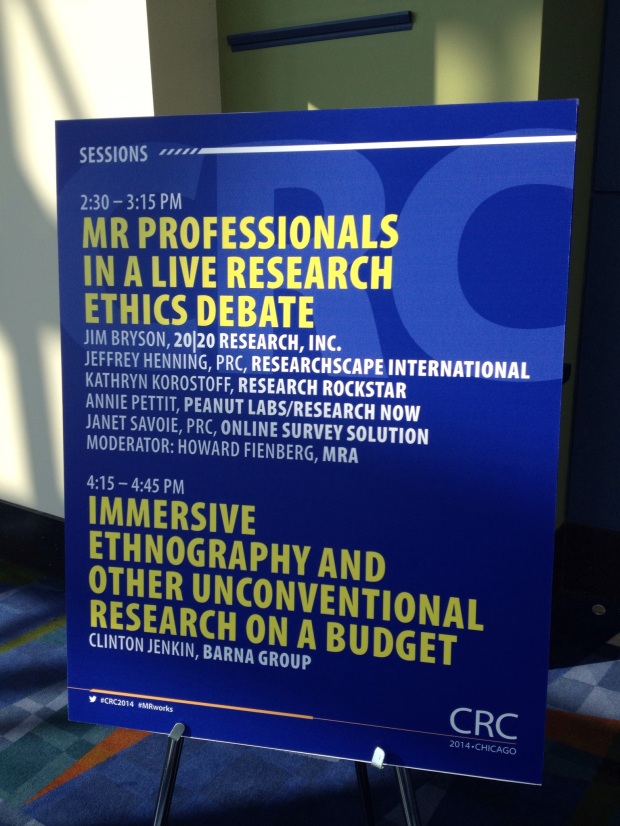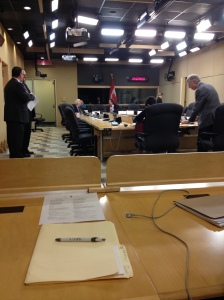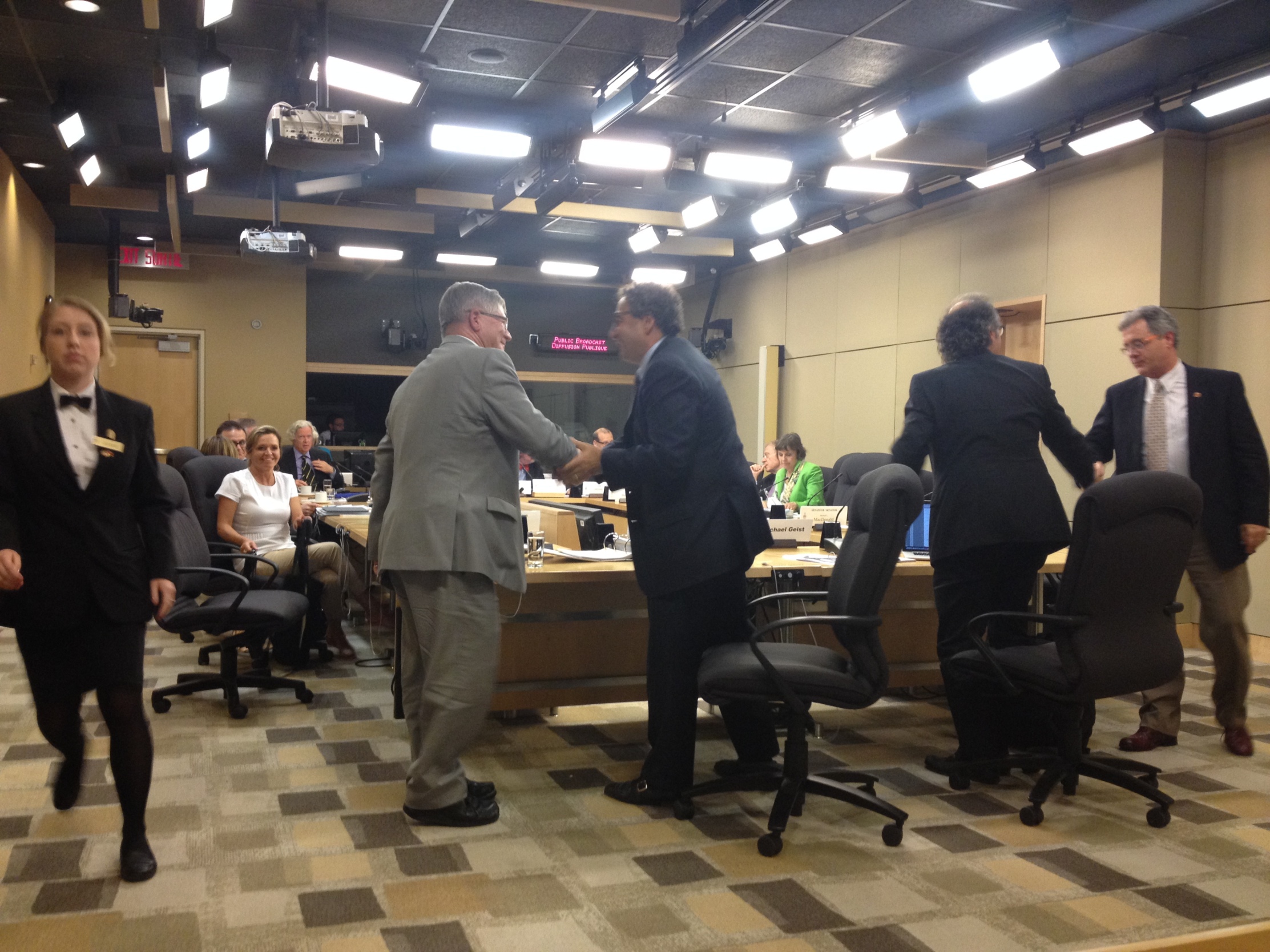While most people’s feeds are curated based on which friends you like, share, and comment on more often, the feeds of these people were curated in addition, by considering the positive and negative words they included. In both conditions, Facebook chose which of your friends’ posts you would see though in the Test condition, you might be offered a greater proportion of their positive or negative posts. The conclusion was that you can indeed affect people’s emotions based on what they read. You can read the published study here.
I honestly don’t know where I stand on the ethics of this study right now. Ethics interest me but I’m not an ethicist. So instead, let me think about this from a scientific point of view.
Do you deliberately manipulate emotions in the work you do? As a marketing researcher, your job is ONLY to manipulate emotions. You know very well that this brand of cola or that brand of chips or the other brand of clothing cannot boast better taste, feel, look, or workmanship. All of those features are in the eye, or taste buds, of the beholder. Through careful research, we seek to learn what makes different kinds of people happy about certain products so that marketers can tout the benefits of their products. But, at the same time, we also seek to learn what disappoints and makes people unhappy about the products and services they use such that those weaknesses can be exploited by marketers.
Through a strange twist of fate, a colleague and I recently conducted a tiny study. We found the results quite interesting, and wrote a quick blog post about it. Then the Facebook news broke. As Facebook did on a larger scale, I will confess that I manipulated the emotions of about 300 people.
Previously, I saw on a number of studies that age breaks are inconsistent. Sometimes researchers create an 18 to 34 age break, and other times they create an 18 to 35 age break. In other words, sometimes you’re the youngest person in a group, and sometimes you’re the oldest person in a group. Would you rather be the oldest person in a young group, or the youngest person in an old group? What did we find? Well, people did indeed express greater happiness when they were part of the younger group, even though they were the oldest person in that group. I deliberately and knowingly manipulated happiness. Just like Facebook did. Do you hate me now? Do you think I’m unethical? You can read the post here.
As marketing researchers, every bit of research we do, every interaction we have with people, is intended to manipulate emotions. We collect data that marketers use to criticise our favourite products. We collect data so that politicians can directly criticise other politicians through their negative ad campaigns. Has that bothered you yet? Has that bothered you enough to warrant outcries in social media? Have you campaigned for an immediate ban of television, radio, and viewing products on the shelves at supermarkets knowing that those things are intended to manipulate our emotions?
Since you know that your research is intended to affect emotions, do you inform your research participants about the potential negative consequences of participating in your research? Do you tell them that seeing their age in the older age bracket may make them unhappy, that viewing critical ads may make them unhappy, that being asked to select up to five negative attributes might make them unhappy?
Given that we’ve done it this way for so long, have we become complacent about the ethics of the research we conduct? In this age of big data, is it time to take a fresh look at the ethics of marketing research?
[Originally published on Research Live]
Read more opinions:
- Blackbeard Blog: Facebook Breaks The Fourth Wall by Tom Ewing
- Everything You Need to Know About Facebook’s Controversial Emotion Experiment BY MICHELLE N. MEYER
- The Test We Can—and Should—Run on Facebook by KATE CRAWFORD
- What does the Facebook experiment teach us? by Danah Boyd
- PEW: Facebook’s experiment causes a lot of fuss for little results By Richard Morin
- Editorial Expression of Concern by PNAS (Publishers of the experiment
- Facebook mood manipulation study – the outcry and counter reaction (Timeline of events)
Related articles
 archers from around the world, I was asked to participate in Voxpopme Perspectives – an initiative wherein insights industry experts share ideas about a variety of topics via video. You can
archers from around the world, I was asked to participate in Voxpopme Perspectives – an initiative wherein insights industry experts share ideas about a variety of topics via video. You can  This, I completely understand. It’s not too different from seeing a funny cat video and calling your friends over to watch it with you. Any brand manager can go online while at work or in their leisure time, search for videos and comments related to their brand, and watch them ad nauseam. Social media, like YouTube, is there for random people to find and appreciate random bits of content.
This, I completely understand. It’s not too different from seeing a funny cat video and calling your friends over to watch it with you. Any brand manager can go online while at work or in their leisure time, search for videos and comments related to their brand, and watch them ad nauseam. Social media, like YouTube, is there for random people to find and appreciate random bits of content.











